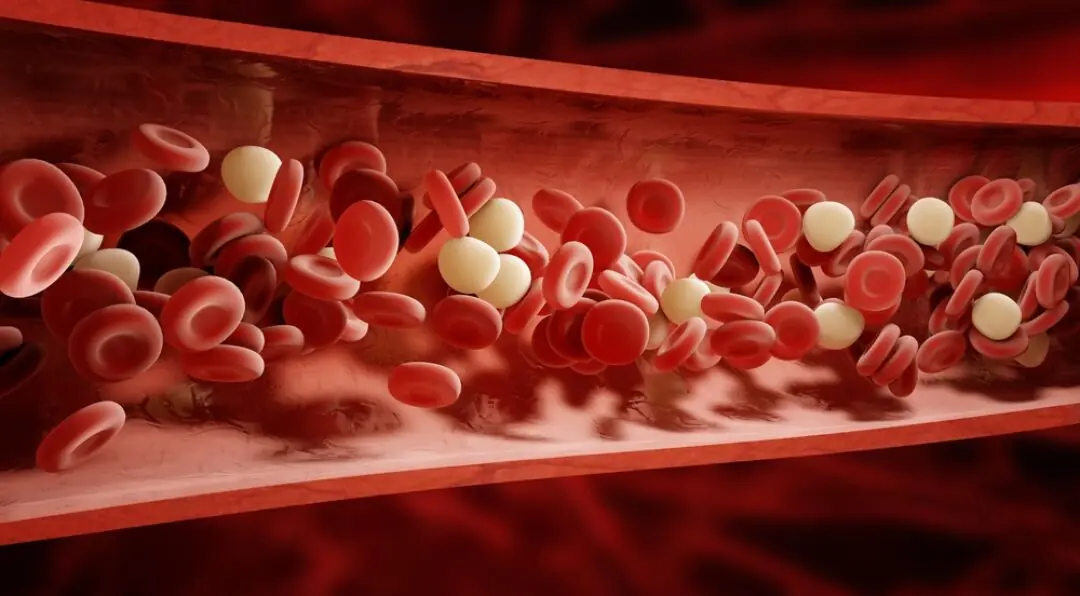
6 Foods That May Fuel Cancer Growth: What You Need to Know
6 Foods That May Fuel Cancer Growth: What You Need to Know
Understanding the link between diet and cancer is crucial for prevention and management. While no single food directly causes or cures cancer, certain dietary patterns and specific foods have been shown in scientific studies to potentially promote cancer cell growth or increase cancer risk. Making informed food choices can be a powerful tool in supporting your health.
In this article, we'll explore six types of foods that, when consumed in excess, may contribute to an environment conducive to cancer growth.
1. Processed Meats: A Clear Link to Cancer Risk
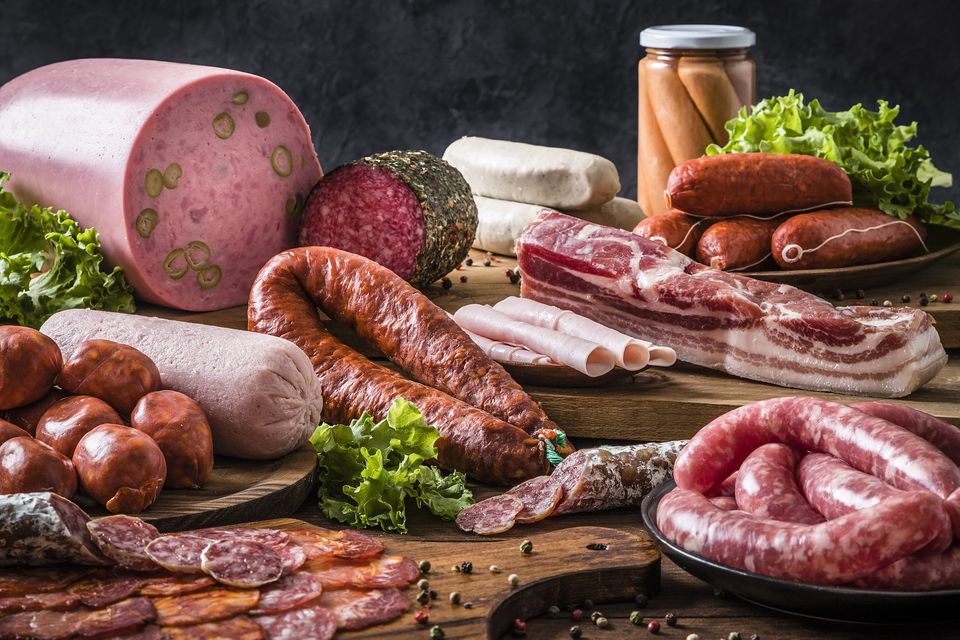
Processed meats, such as bacon, sausage, hot dogs, ham, and deli meats, are preserved through smoking, curing, salting, or adding chemical preservatives. The World Health Organization (WHO) classifies processed meat as a Group 1 carcinogen, meaning there's convincing evidence it causes cancer.
Why they're a concern:
- Nitrates and Nitrites: These preservatives can form N-nitroso compounds (NOCs) in the body, which are known carcinogens.
- Heme Iron: The high heme iron content in red and processed meats may contribute to cell damage and increased cancer risk, particularly colorectal cancer.
- Heterocyclic Amines (HCAs) and Polycyclic Aromatic Hydrocarbons (PAHs): These harmful compounds form when meat is cooked at high temperatures, especially grilling or pan-frying.
What the science says: Extensive research, including large epidemiological studies, consistently links high consumption of processed meats to an increased risk of colorectal cancer, and potentially other cancers like stomach and pancreatic cancer.
2. Sugary Drinks and Refined Sugars: Fueling Inflammation
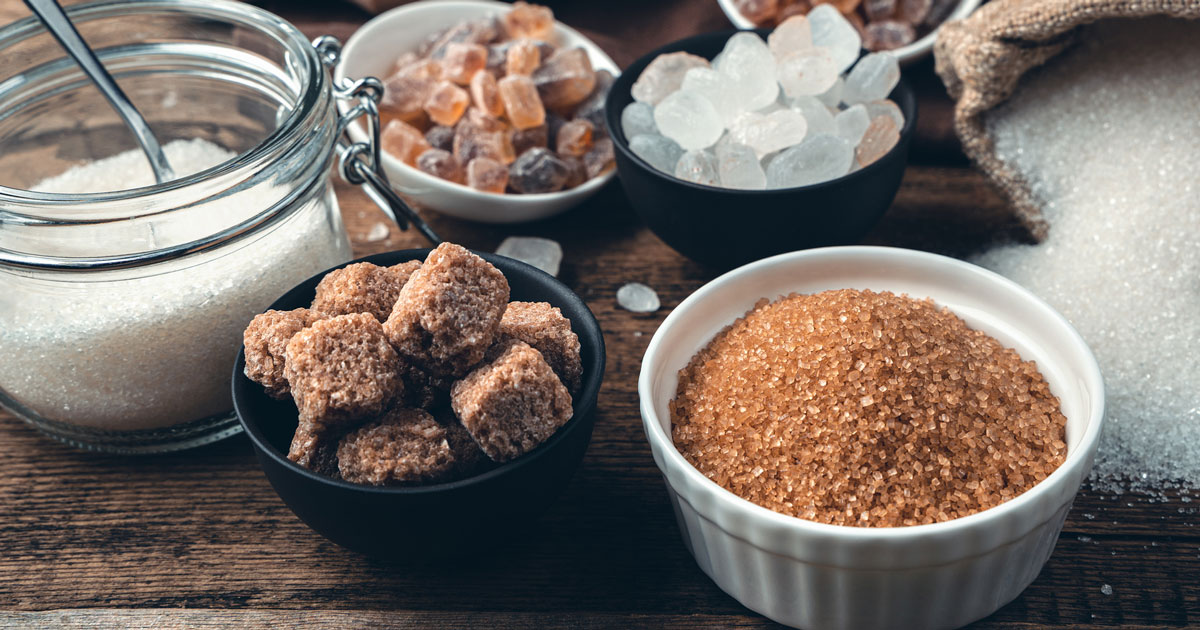
Sugary sodas, fruit juices with added sugar, energy drinks, and highly refined sugars found in candies, pastries, and many processed foods contribute to rapid spikes in blood sugar and insulin levels.
Why they're a concern:
- Insulin and IGF-1: High sugar intake leads to elevated insulin levels and insulin-like growth factor 1 (IGF-1), both of which can stimulate cell growth and proliferation, a key characteristic of cancer.
- Inflammation: Chronic high blood sugar can promote systemic inflammation, an environment where cancer cells can thrive.
- Obesity Link: Excess sugar consumption is a primary driver of obesity, which is a major risk factor for at least 13 different types of cancer, including breast, colon, and kidney cancer.
What the science says: Research suggests a connection between high intake of added sugars and increased risk of various cancers, particularly those linked to obesity and insulin resistance.
3. Red Meat: Moderation is Key
While not classified as a Group 1 carcinogen like processed meats, unprocessed red meat (beef, pork, lamb, goat) is classified as a Group 2A carcinogen, meaning it's "probably carcinogenic to humans." This indicates strong but not yet conclusive evidence.
Why it's a concern:
- Heme Iron: Similar to processed meats, high heme iron can lead to the formation of harmful compounds that may damage the gut lining.
- Cooking Methods: High-temperature cooking (grilling, frying) of red meat can produce HCAs and PAHs, which are carcinogenic.
- Neu5Gc: This non-human sialic acid, found in red meat, can be incorporated into human tissues and may trigger an inflammatory immune response, potentially contributing to cancer progression.
What the science says: Studies indicate a probable link between high consumption of red meat and an increased risk of colorectal cancer, and possibly prostate and pancreatic cancer. The recommendation is often to limit red meat intake to moderate amounts.
4. Deep-Fried Foods: Acrylamide and Inflammation

Foods that are deep-fried, especially those rich in carbohydrates like French fries, potato chips, and fried pastries, are concerning due to the formation of harmful compounds during high-temperature cooking.
Why they're a concern:
- Acrylamide: This potential carcinogen forms in starchy foods when cooked at high temperatures. Animal studies have shown acrylamide can cause cancer.
- Advanced Glycation End Products (AGEs): Formed when fats and proteins react with sugars at high temperatures, AGEs can promote inflammation and oxidative stress, both linked to cancer development.
- Trans Fats: Many deep-fried foods contain trans fats, which are known to increase inflammation and overall disease risk.
What the science says: While direct human studies on acrylamide and cancer are ongoing, the presence of these harmful compounds, along with the inflammatory nature of many deep-fried foods, suggests a potential risk.
5. Excessive Alcohol Consumption: Direct Carcinogen

Alcohol (ethanol) is directly linked to an increased risk of several cancers. It's a Group 1 carcinogen.
Why it's a concern:
- Acetaldehyde: When alcohol is metabolized in the body, it produces acetaldehyde, a toxic chemical that can damage DNA and prevent its repair.
- Oxidative Stress: Alcohol can increase oxidative stress, leading to cell damage.
- Nutrient Depletion: Excessive alcohol consumption can interfere with the absorption of essential nutrients like folate, which plays a role in DNA repair.
- Hormonal Changes: Alcohol can affect hormone levels, such as estrogen, potentially increasing the risk of hormone-sensitive cancers.
What the science says: Strong evidence links alcohol consumption to cancers of the mouth, throat, esophagus, liver, breast, and colon. The risk increases with the amount of alcohol consumed.
6. Highly Processed Foods: A Cocktail of Concerns
This broad category includes items like packaged snacks, instant noodles, sugary cereals, and many ready-to-eat meals that are often high in unhealthy fats, sugar, salt, and artificial ingredients.
Why they're a concern:
- Low Nutritional Value: They often lack essential vitamins, minerals, and fiber, which are protective against cancer.
- Inflammatory Ingredients: High levels of refined sugars, unhealthy fats (like trans fats and certain vegetable oils), and excessive sodium can contribute to chronic inflammation.
- Additives and Preservatives: While regulated, the long-term effects of consuming a high volume of various artificial colors, flavors, and preservatives are still being studied.
- Obesity: The high caloric density and often poor satiety of these foods contribute to weight gain, a significant cancer risk factor.
What the science says: While research is ongoing, studies suggest that diets high in ultra-processed foods are associated with an increased risk of various cancers, likely due to a combination of their pro-inflammatory nature, lack of nutrients, and contribution to obesity.
Your Diet as a Powerful Health Tool
While avoiding these foods entirely might not always be feasible, reducing their consumption and focusing on a diet rich in whole, unprocessed foods is a powerful strategy for cancer prevention. Prioritize fruits, vegetables, whole grains, legumes, and lean protein sources. Consult with a healthcare professional or a registered dietitian for personalized dietary advice.
News in the same category

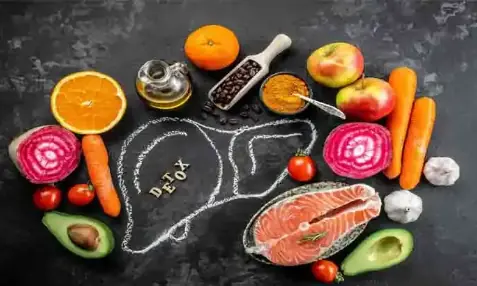
The Best Scientifically Proven Foods to Cleanse Your Liver

20 subtle cancer symptoms commonly missed

Increased Screen Exposure In Kids Linked to Anxiety, Aggression, and Self-Esteem Issues, Study Says

Researcher Studies Over 200 Kids—Here’s What the Most Emotionally Intelligent Ones Had in Common

Scientists Bioengineer Tooth That ‘Grows’ in Place Like a Natural One And Feels Real

9-year-old dies after dental procedure

How to Get Rid of Muscle Soreness: Effective Home Remedies That Really Work
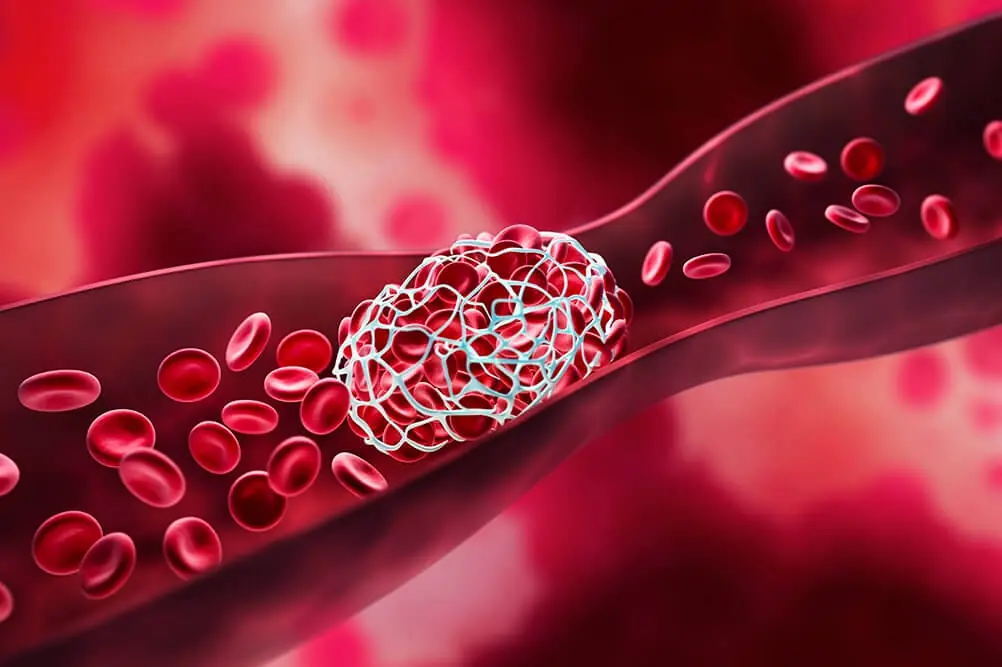
Natural Blood Thinners: Evidence-Based Foods, Supplements, and Vitamins for Healthy Blood Flow

How to Conquer Constipation: Your Guide to Effective Home Remedies

Simple, Natural Ways to Lower Cholesterol (and Why You Might Want To)

13 Subtle Warning Signs of High Blood Sugar and 9 Powerful Ways to Take Control of Your Health

Exercise Is ‘Better Than Drugs’ In Stopping Cancer From Returning After Treatment, Study Finds

Energy Drinks May Cause Blood Cancer: New Research
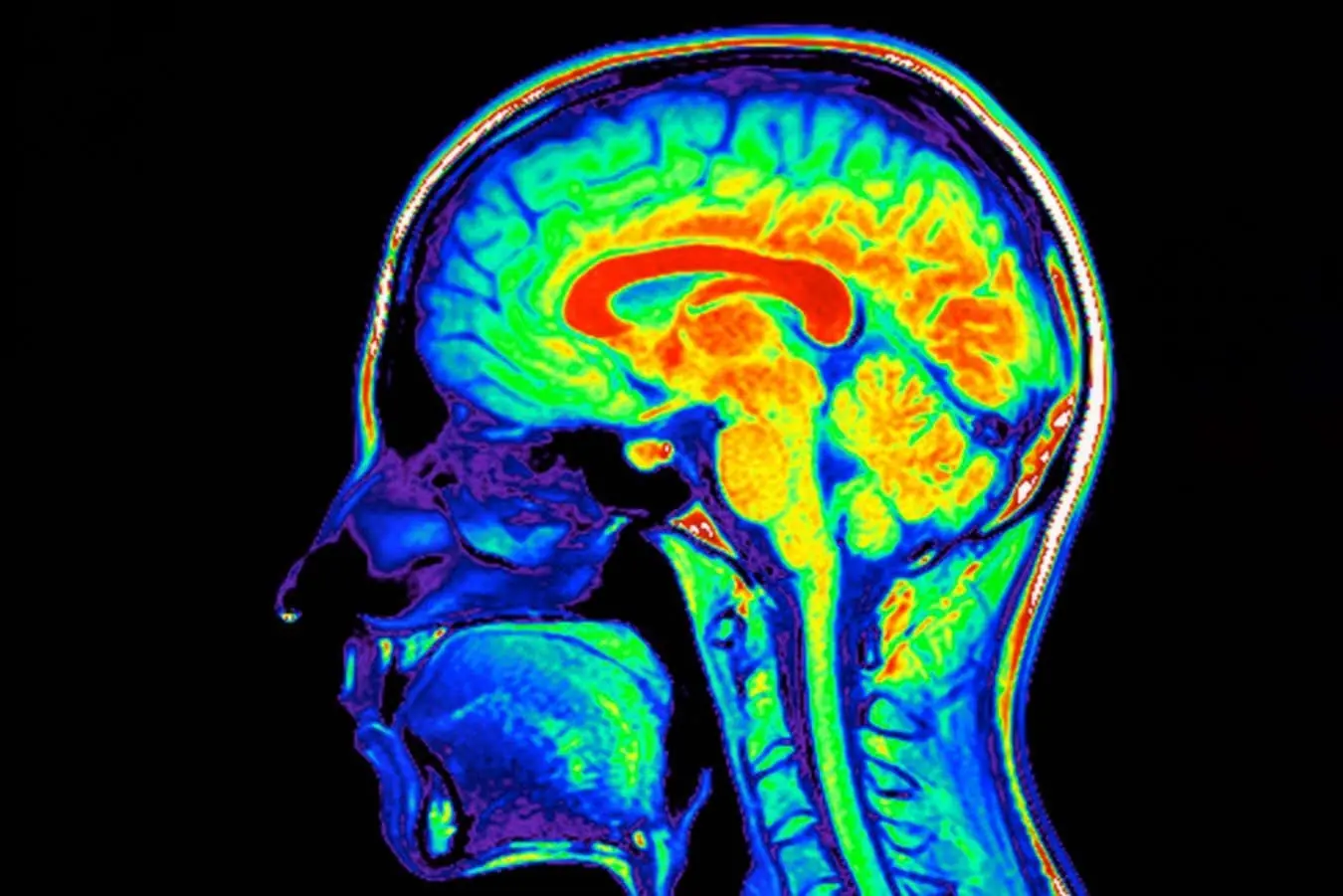
Massaging The Neck And Face May Be Helping Flush Waste Out of the Brain

10 Things That Men May Find Unattractive About Women Over 50

How Long You Should Be Able to Stand on One Leg, According to Your Age

15 Early Warning Signs and Symptoms of Dementia You Shouldn’t Ignore
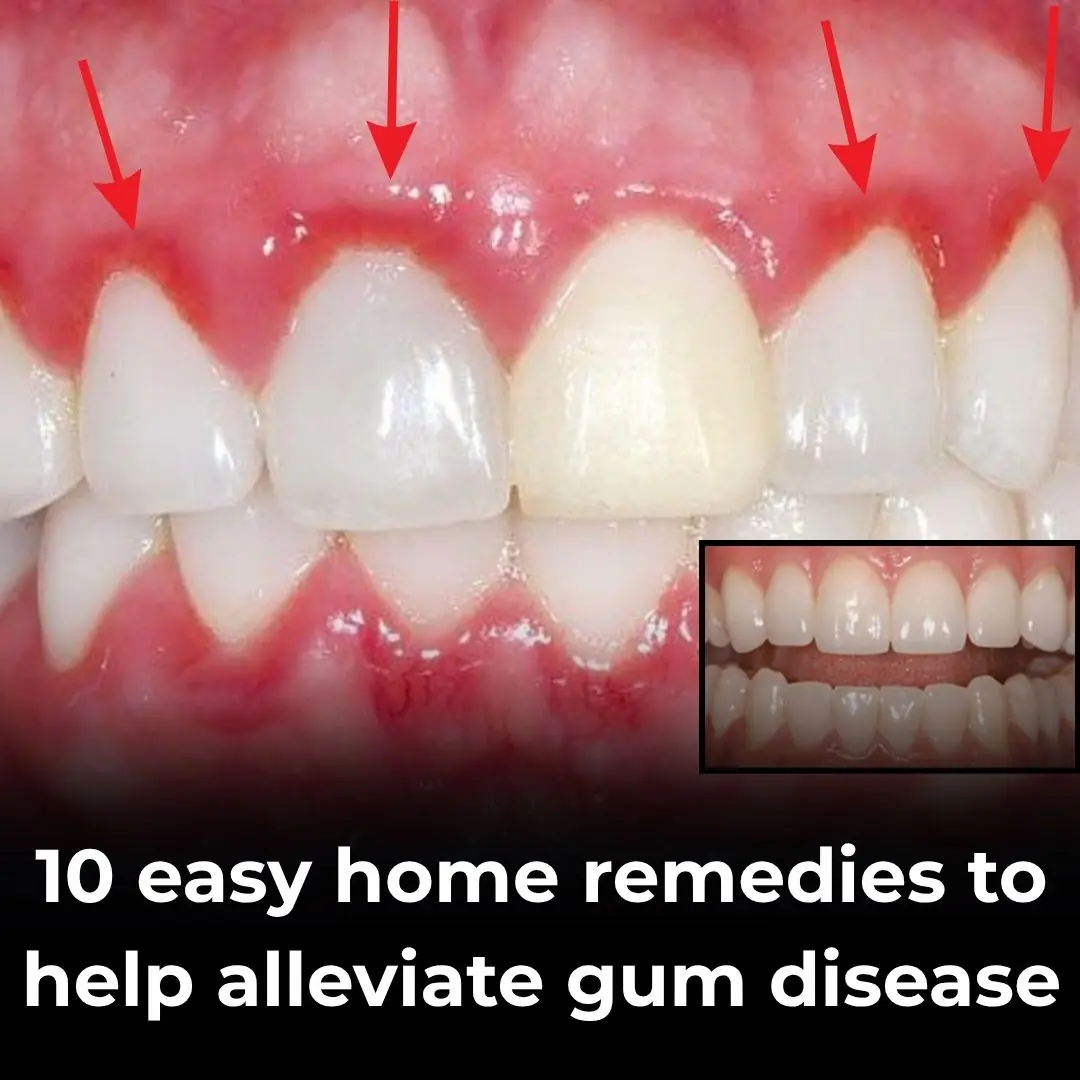
10 Natural Ways to Calm Gum Irritation at Home
News Post

Nature's Anticoagulants: Exploring Foods, Supplements, and Vitamins for Healthier Blood

The Best Scientifically Proven Foods to Cleanse Your Liver

20 subtle cancer symptoms commonly missed

Experts Say 3 Major U.S. Regions Face Risk of Tsunamis and Flooding

Heartbreaking Voice Message From Pilot Before Crash Goes Viral — Here’s What He Said

Air India crash simulation reveals how sole survivor escaped death
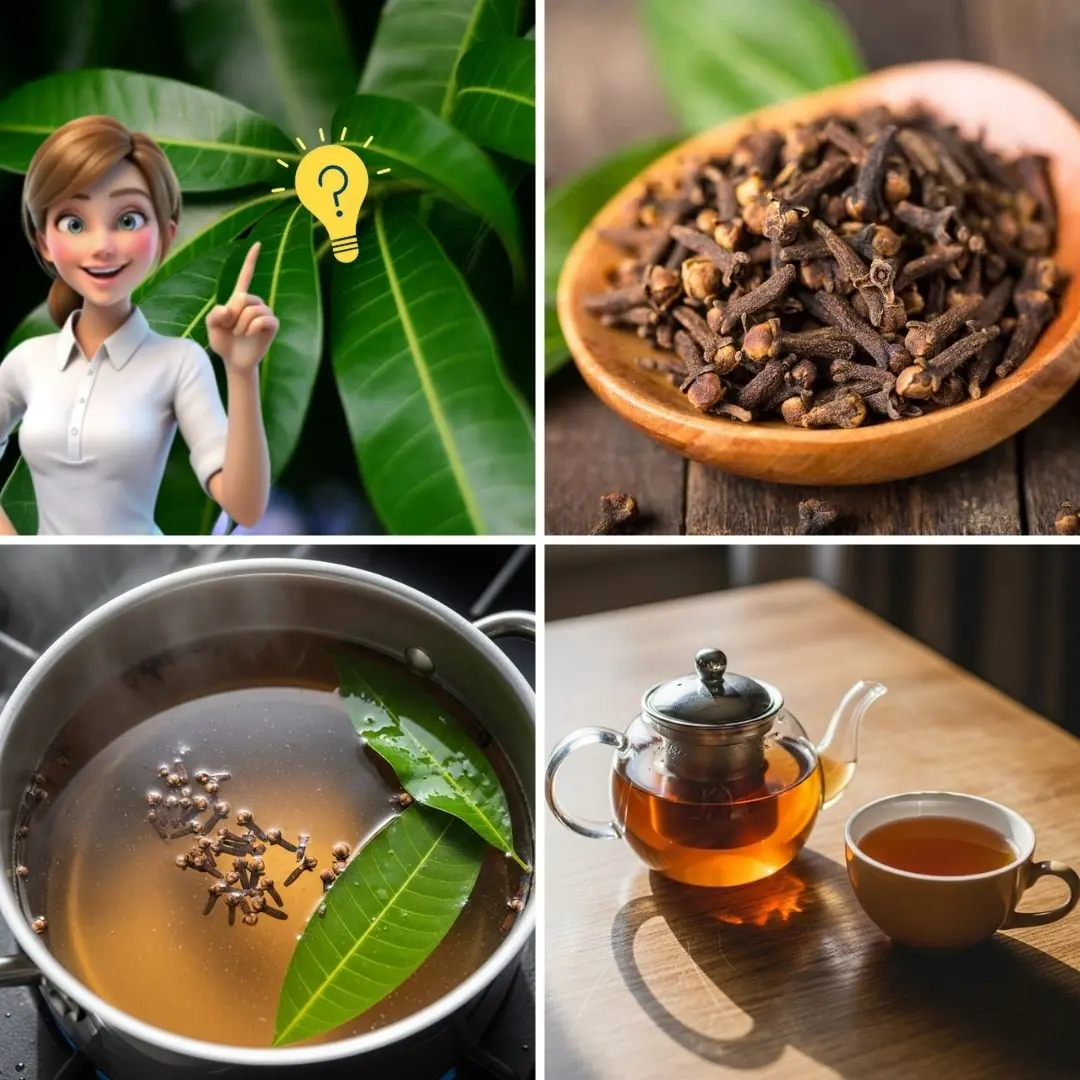
Mango Leaf and Clove Tea: A Gentle Herbal Support for Daily Wellness
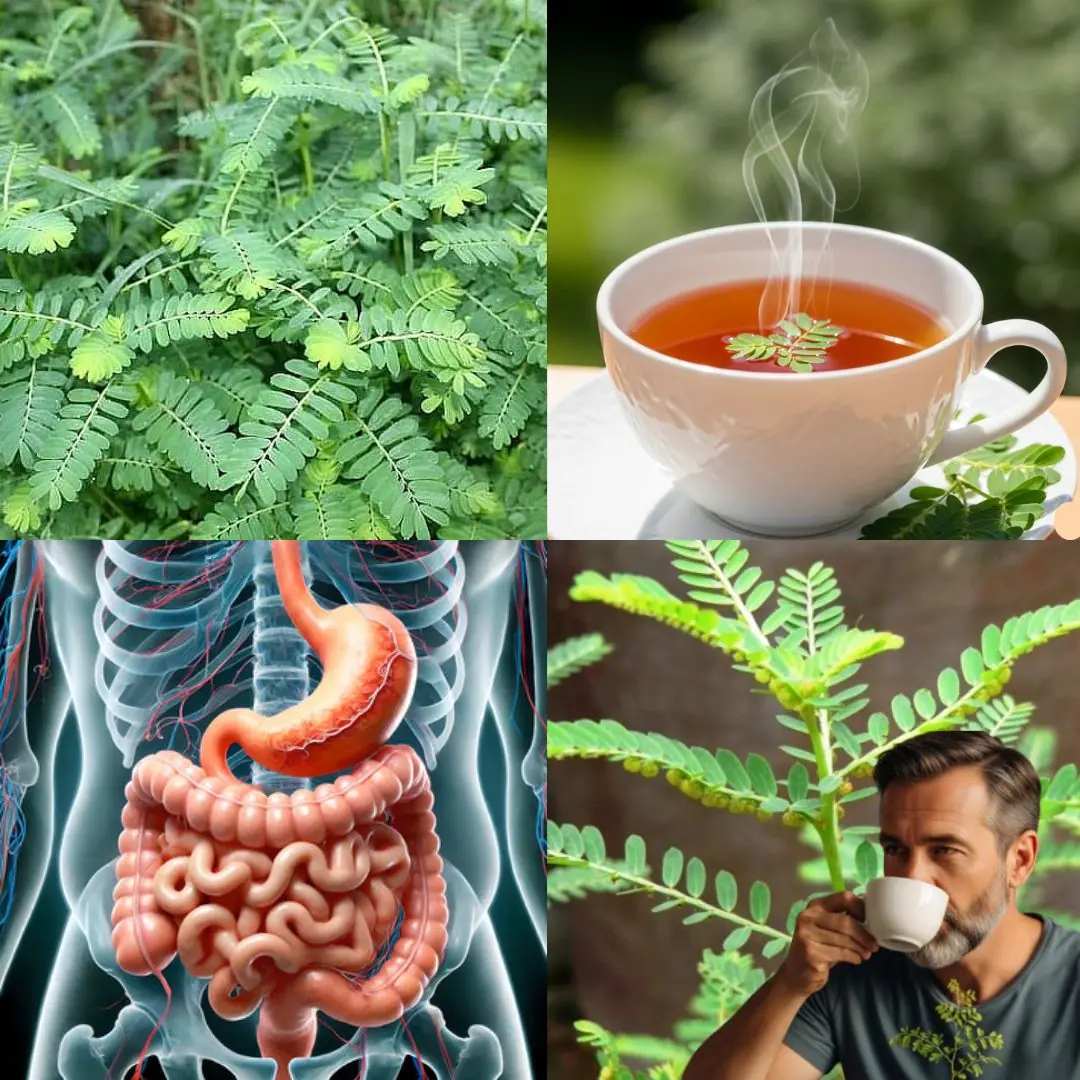
The Stonebreaker Plant (Phyllanthus niruri): Nature’s Natural Remedy for Liver and Kidney Health

Can Guava Leaves Help with Gray Hair and Hair Growth? Exploring Natural Solutions

Increased Screen Exposure In Kids Linked to Anxiety, Aggression, and Self-Esteem Issues, Study Says

Researcher Studies Over 200 Kids—Here’s What the Most Emotionally Intelligent Ones Had in Common

Scientists Bioengineer Tooth That ‘Grows’ in Place Like a Natural One And Feels Real

Why There’s a Growing Trend of Straight Men Dating Trans Women

9-year-old dies after dental procedure

Air India pilot’s terrifying last words have been made public

Why You Should Avoid Seat 11A on Your Next Flight – Here’s What You Didn’t Know

Man Releases Chilling Never Seen Before Footage of Twin Tower Collapse

Masterful Painting Of Jesus By 8-Year-Old—Says She Saw The True Face Of Jesus
